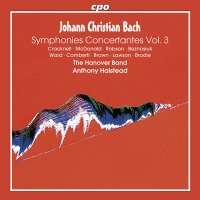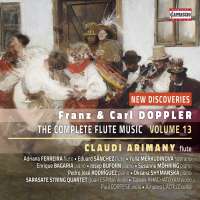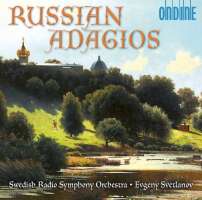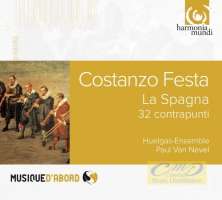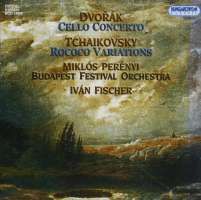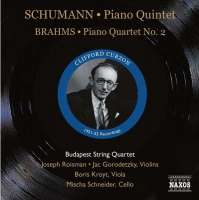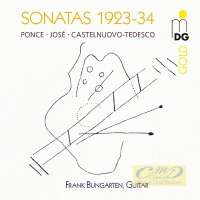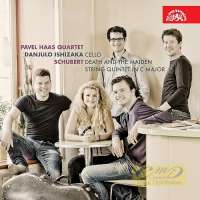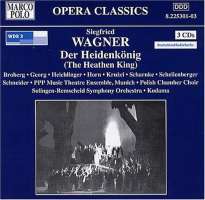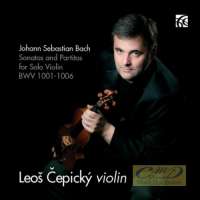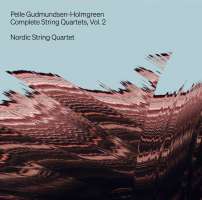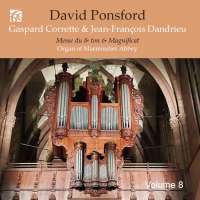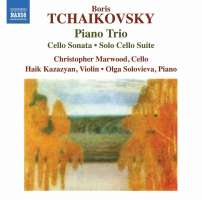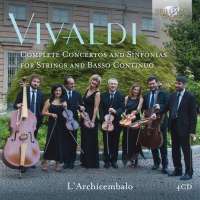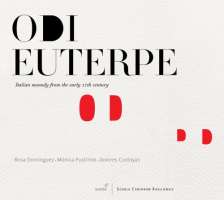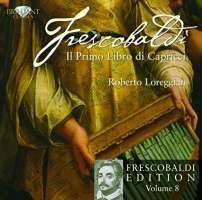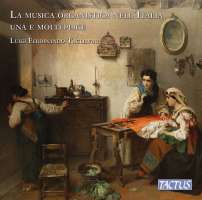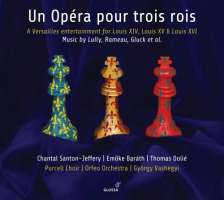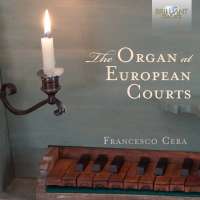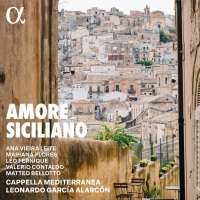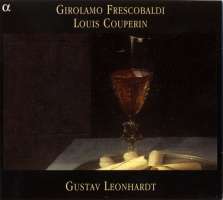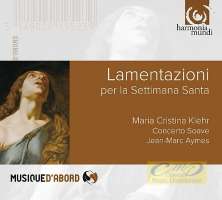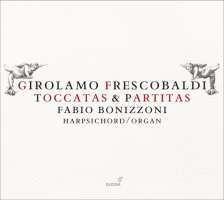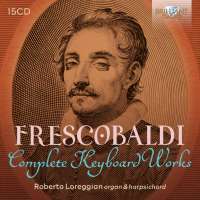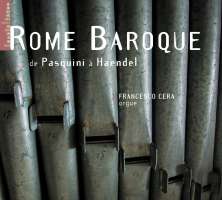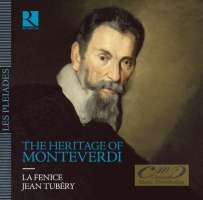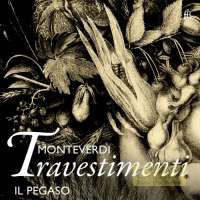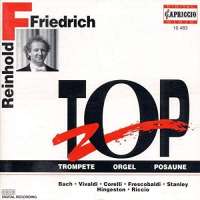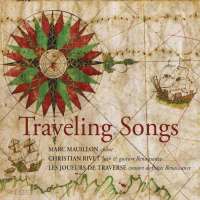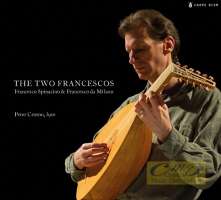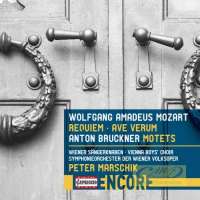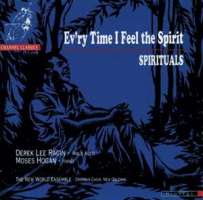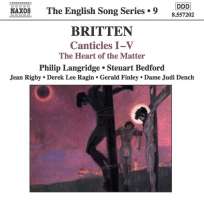
kompozytor
różni kompozytorzy
tytuł
Italian Lute Songs
pełny spis kompozytorów
Frescobaldi, Girolamo;
Piccinini, Alessandro;
D'India, Sigismondo;
Verdelot, Philippe;
Bottegari, Cosimo;
Roma, Laurencini di
Piccinini, Alessandro;
D'India, Sigismondo;
Verdelot, Philippe;
Bottegari, Cosimo;
Roma, Laurencini di
wykonawcy
Ragin, Derek Lee;
Croton, Peter
Croton, Peter
nr katalogowy
CCS 4092
opis
Lute songs and musical practice: the madrigal and monody The song for lute and vocalist was enormously popular in the sixteenth century. They were initially arranged from multi-voiced compositions with the singer performing the highest voice. The lutanist tried to reproduce all the other voices (as far as this was possible), adding ornamentation according to his own taste in order to give more body to the sound of the instrument. This practice was so successful that even well-known composers made arrangements. In 1536 for exam-ple, Adrian Willaert arranged twenty-two madrigals by Philippe Verdelot for lute and voice. In 1530 the term “madrigal” was first used for a composition by Verdelot. Within a short time this new musical genre spread throughout Italian territories. The madrigal was developed in reaction to other types of multi-voiced songs like the frottola. Its most significant innovations were the use of serious texts that were chosen, its free form and polyphonic texture. There is a strong tendency in Verdelot’s madrigals towards vertical harmonic structures, but they may also have an imitative character. The texture of most madrigals lies somewhere between these two extremes, a mixed form described by musicologist Alfred Einstein as “polyphonically animated homophony”. Although most composers at the time preferred the texts of Petrarch, Verdelot made grateful use of the works of his contemporaries, for example Martelli: “Donna che sette tra belle bella” and “Con l’Angelico riso”….
nośnik
CD
gatunek
Muzyka klasyczna
producent
Channel Classics
data wydania
30-04-2010
EAN / kod kreskowy
723385409229

(Produkt nie został jeszcze oceniony)
cena 79,00 zł
lubProdukt dostepny w niewielkiej ilości.
Wysyłka w ciągu 3 dni roboczych
Darmowa wysyłka dla zamówień powyżej 300 zł!
Darmowy kurier dla zamówień powyżej 500 zł!
sprawdź koszty wysyłki